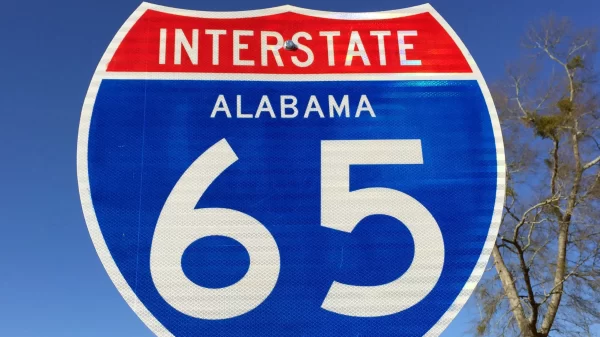A recent ruling by the Alabama Supreme Court made it clear that Baldwin County Bridge Company could not prevent the state from building a new toll-free bridge across the Gulf Intracoastal Waterway.
The court marked an end to the case Friday by denying BCBC’s application for a rehearing, allowing the Alabama Department of Transportation to resume work on the new bridge.
“With Baldwin County Bridge Company’s request for a rehearing denied and the Supreme Court’s previous ruling in favor of ALDOT now finalized, ALDOT’s bridge contractor Scott Bridge Company has been directed to resume work immediately,” ALDOT said in a statement released Friday. “The Supreme Court’s decision today is a victory for ALDOT’s effort to complete a toll-free bridge that will reduce traffic congestion to and from Alabama’s Gulf Coast beach communities. We are gratified that the Court ruled in our favor so we can get back to work on a project that is sorely needed.”
Montgomery County Circuit Court Judge Jimmy Pool in May enjoined the Alabama Department of Transportation from continuing construction on the bridge after Baldwin County Bridge Company (BCBC) alleged ALDOT Director John Cooper acted in bad faith, building the bridge to damage BCBC.
The new free-access bridge will be just a mile from BCBC’s privately owned toll bridge near The Wharf in Orange Beach.
ALDOT has maintained that the new bridge is being constructed to alleviate congestion on Holmes Bridge, the only other bridge across the waterway, due in part to people who don’t want to pay the toll to use BCBC’s bridge.
Two weeks ago, without dissenting vote, the ALSC found that the bad faith claim against Cooper is inappropriate due to the state’s immunity.
“Here, BCBC’s bad-faith claim has been asserted against Cooper in his official capacity — and there can be no dispute that a result favorable to BCBC would directly affect a contract right of the state,” Associate Justice Jay Mitchell wrote in the opinion.
BCBC had argued before the court that the suit against Cooper falls in a category of exception to the general rule preventing the state of Alabama from being made a defendant in a court of law or equity, including its officers when acting in official capacity.
Mitchell wrote in the court’s opinion that bad faith claims against state officials are usually not barred “because such claims almost always seek to control only the unlawful conduct of the official; they do not seek to control the rights or property of the state itself.”






















































